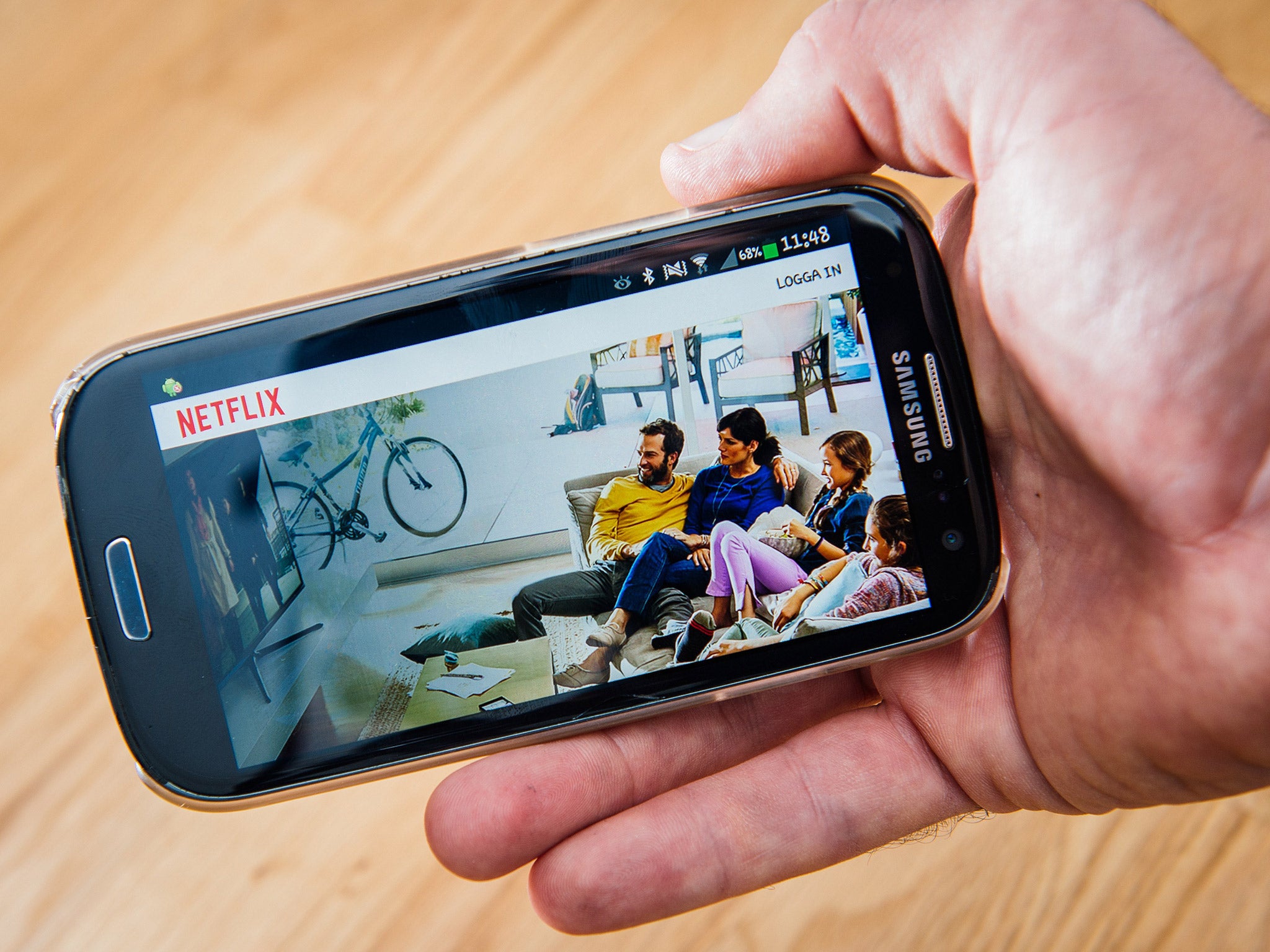Mobile internet speed boost as Ofcom opens up the digital spectrum
700 Mhz frequency will now carry mobile data

Your support helps us to tell the story
From reproductive rights to climate change to Big Tech, The Independent is on the ground when the story is developing. Whether it's investigating the financials of Elon Musk's pro-Trump PAC or producing our latest documentary, 'The A Word', which shines a light on the American women fighting for reproductive rights, we know how important it is to parse out the facts from the messaging.
At such a critical moment in US history, we need reporters on the ground. Your donation allows us to keep sending journalists to speak to both sides of the story.
The Independent is trusted by Americans across the entire political spectrum. And unlike many other quality news outlets, we choose not to lock Americans out of our reporting and analysis with paywalls. We believe quality journalism should be available to everyone, paid for by those who can afford it.
Your support makes all the difference.Watching television services over phones and tablets is set to become easier, faster and cheaper after a decision to release more airwaves for mobile broadband services.
Ofcom, the broadcast regulator, made the decision after calculating that the demand for mobile data is set to increase to 45 times current levels by 2030.
“Demand is going through the roof because more people are getting 4G, smartphones and tablets,” said an Ofcom spokesman.
As a result, Ofcom has decided to free up space on the 700 MHz frequency band currently used by digital terrestrial television services such as Freeview and by wireless microphones, which are used in programme making and in special events such as theatres, sports venues and music events.
The watchdog said that the changes would come into effect by 2022 – and possibly two years earlier. It said the arrangement would allow viewers of Freeview and other services using the 700 MHz frequency to “continue to enjoy” the output without the need for a repeat of the complex “switchover” which accompanied the shutting down of the analogue signal in 2012.
One of Ofcom’s core roles is to manage the limited supply of spectrum - necessary for all wireless communications - and balance the needs of different users.
The regulator said that it would “ensure” that users of wireless microphones continued to have access to the spectrum they require as it recognised the “important cultural benefits” they delivered.
Ed Richards, Ofcom's chief executive, said the decision “ensures that we are making the raw materials available with which investors and companies can build the services which will support the digital economy of the future”.
More than six in 10 British adults (61 per cent) say they own a smartphone, according to latest technology surveys. Tablets are in 44 per cent of homes.
The proportion of people using their phones to access the Internet has grown to 57 per cent, from 49 per cent at the start of last year.
Join our commenting forum
Join thought-provoking conversations, follow other Independent readers and see their replies
Comments